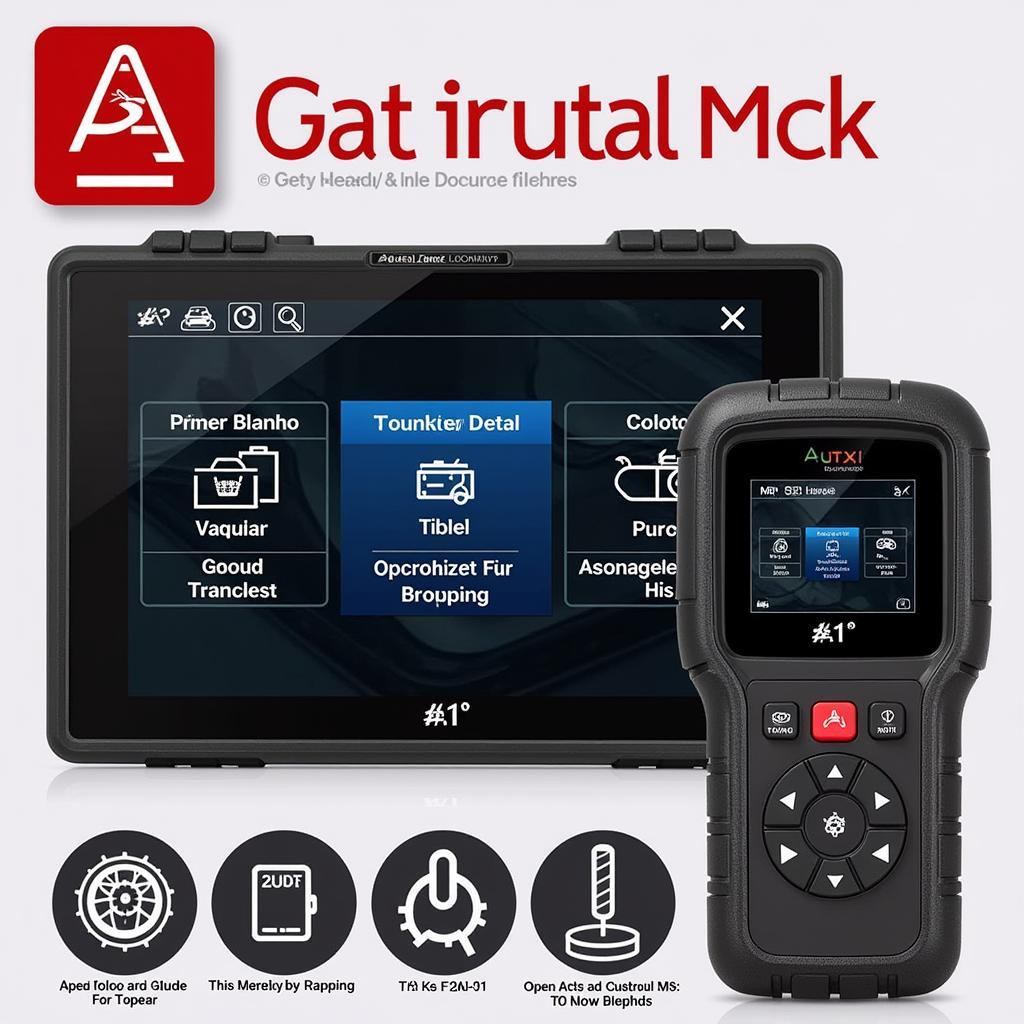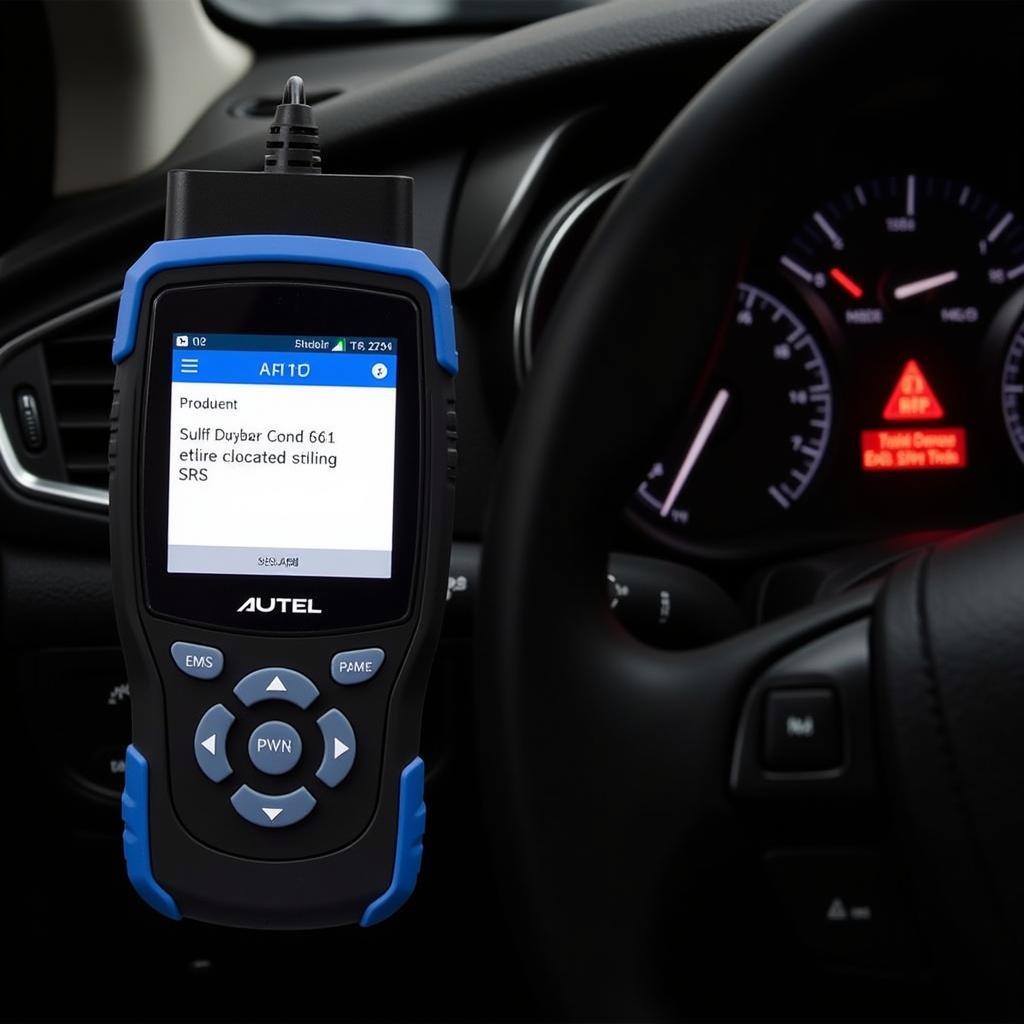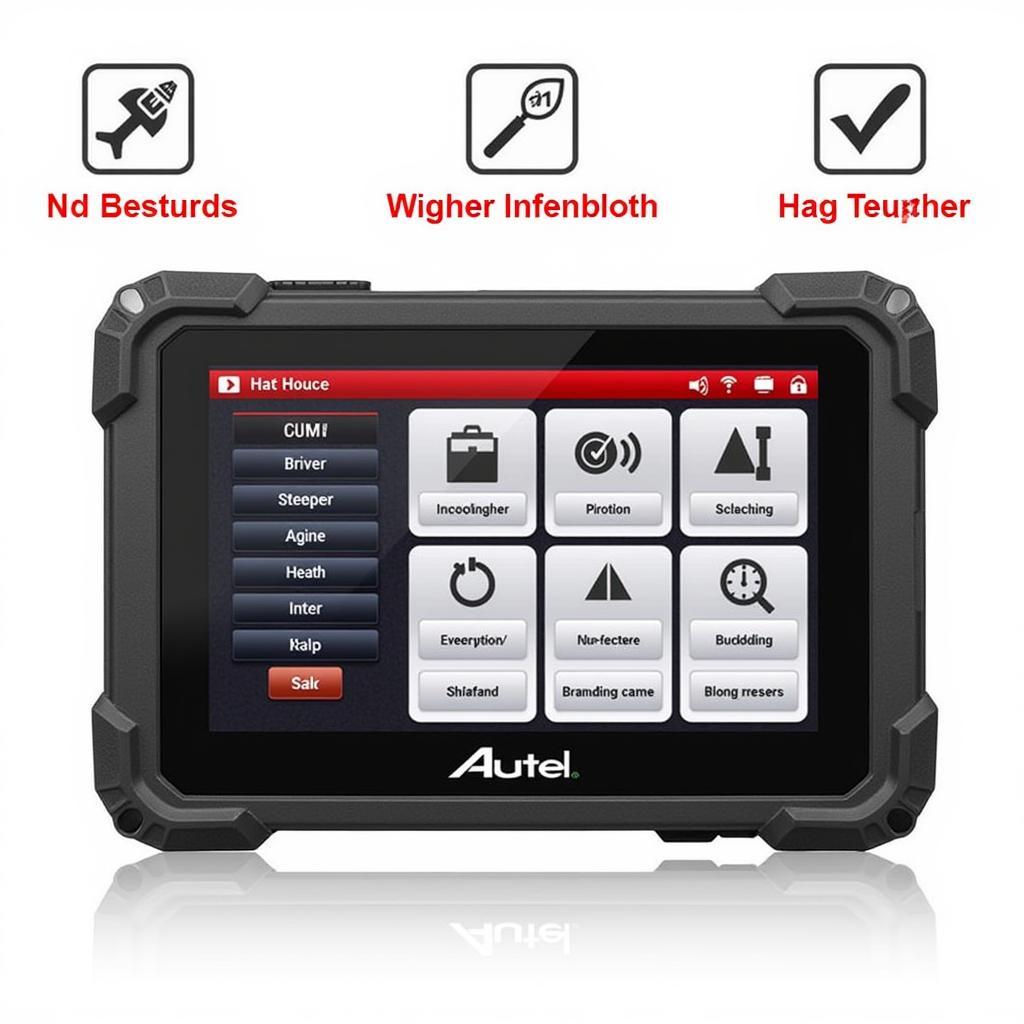“What’s the real story behind a car’s engine health? Is it just about the engine running smoothly, or is there something deeper?” You see, the story of a car’s engine is like a good mystery novel. There are clues hidden in every detail, and it takes a skilled detective to unravel the truth. One such clue is the relative compression test, a powerful tool that can reveal the inner workings of your engine. And if you’re using an Autel scanner, you have a powerful ally in your quest for engine understanding.
What is a Relative Compression Test?
In the world of auto mechanics, relative compression testing is like taking a snapshot of your engine’s health. It assesses how well each cylinder is able to compress air, a crucial indicator of its performance. Think of it as a gauge for how strong your engine’s “muscles” are. A weak cylinder could signify problems like worn piston rings, valve issues, or even head gasket leaks. These issues can lead to decreased engine power, rough idling, and even backfiring.
How Autel Scanners Can Help
Autel scanners, particularly models like the MP408, are designed to make relative compression testing a breeze. These scanners are your modern-day engine detective, providing comprehensive data and insights. They can not only perform the compression test but also analyze the results, giving you a clear picture of the situation. Using an Autel scanner for your relative compression test is like having an expert mechanic by your side, guiding you every step of the way.
When to Conduct a Relative Compression Test
Think of the relative compression test as a vital checkup for your engine. Here’s when it might be crucial:
- Engine Performance Issues: Notice a drop in power, rough idling, or unusual engine noises? It’s time to call in your engine detective (Autel scanner) for a compression test.
- Engine Maintenance: Just like you get regular checkups, your engine deserves them too. A compression test every so often can help catch any brewing issues early, before they become major problems.
- After Repairs: If you’ve had engine repairs done, a compression test can be a reassuring way to confirm that everything is running smoothly.
Understanding Autel’s Relative Compression Test Results
Let’s dive deeper into those insights your Autel scanner gives you. Autel’s results are presented in a user-friendly format, making it easy for even non-mechanics to understand. They typically show you the compression values for each cylinder, along with a comparison to a baseline value.
Here’s what you should look for:
- Consistent Values: Ideally, all cylinders should have similar compression values, indicating that they’re all working in harmony.
- Low Values: If a cylinder has a significantly lower compression value than the others, it might suggest a problem that needs attention.
- Autel’s Guidance: Autel scanners often offer additional information and guidance based on the results, providing valuable troubleshooting tips.
Troubleshooting with Relative Compression Test Results
Let’s get practical. If you encounter low compression values, don’t panic. Here’s a simple breakdown of what you can do:
- Inspect for Leaks: Check for any visible leaks in the intake manifold, valve cover, or head gasket.
- Verify Valve Operation: Ensure the valves are opening and closing correctly.
- Check Piston Rings: Worn piston rings can be a major culprit behind low compression.
- Consult a Professional: If you’re not comfortable tackling these issues yourself, it’s always best to consult a qualified mechanic.
Additional Considerations
Remember, relative compression testing is just one piece of the puzzle when it comes to diagnosing engine problems. Always consider other factors like engine codes, engine noise, and other symptoms to get a complete picture.
Frequently Asked Questions
Q: Can I do a relative compression test myself?
A: Yes, many DIYers can perform a relative compression test with the help of an Autel scanner. However, it’s crucial to follow the manufacturer’s instructions and safety precautions carefully.
Q: How often should I do a relative compression test?
A: It’s generally recommended to do a relative compression test every 30,000 miles or annually, whichever comes first. However, if you experience engine problems, you may need to test more frequently.
Q: What does a “relative” compression test mean?
A: A relative compression test compares the compression of each cylinder to a baseline value. It doesn’t tell you the absolute compression value, but rather how each cylinder is performing compared to the others.
Q: Are there different types of relative compression tests?
A: Yes, some scanners offer different types of relative compression tests. For example, some tests may include a “leakdown” test, which helps identify the source of a compression leak.
Beyond the Compression Test: The Holistic Engine Approach
While compression testing is a crucial step, it’s essential to approach engine health holistically. Just like balancing the elements of Feng Shui is key to creating harmony in your home, achieving engine harmony requires considering all aspects:
- Regular Maintenance: Routine oil changes, filter replacements, and other preventative maintenance are essential for a long-lasting engine.
- Fuel Quality: Using high-quality fuel can help prevent engine wear and tear.
- Driving Habits: Aggressive driving and frequent hard acceleration can put unnecessary stress on your engine.
Let Us Help You
If you’re looking for a reliable and user-friendly Autel scanner for your relative compression testing needs, we’re here to help! We offer a wide selection of Autel scanners and comprehensive support. Contact us today via Whatsapp: +84767531508 We’re ready to answer your questions and guide you towards a healthier, happier engine.
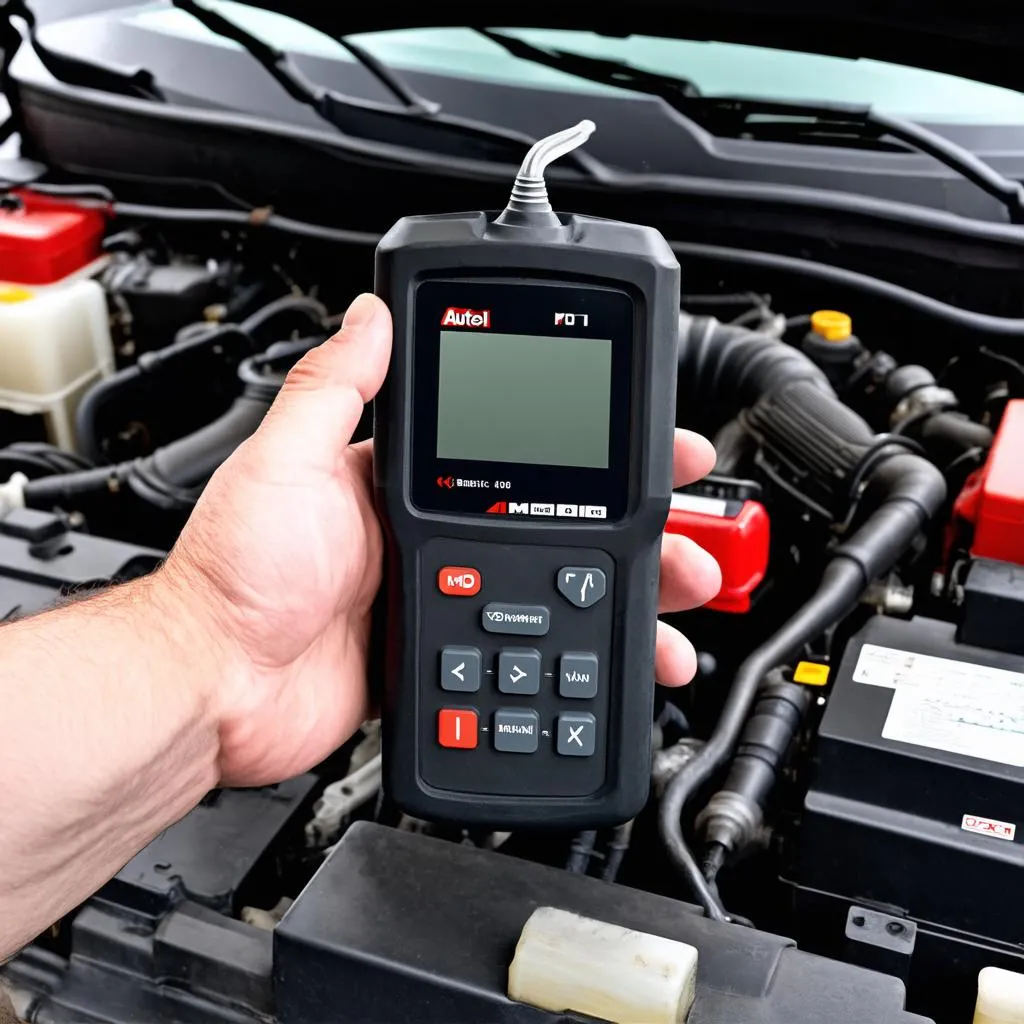 Autel MP408 Diagnostic Scanner
Autel MP408 Diagnostic Scanner
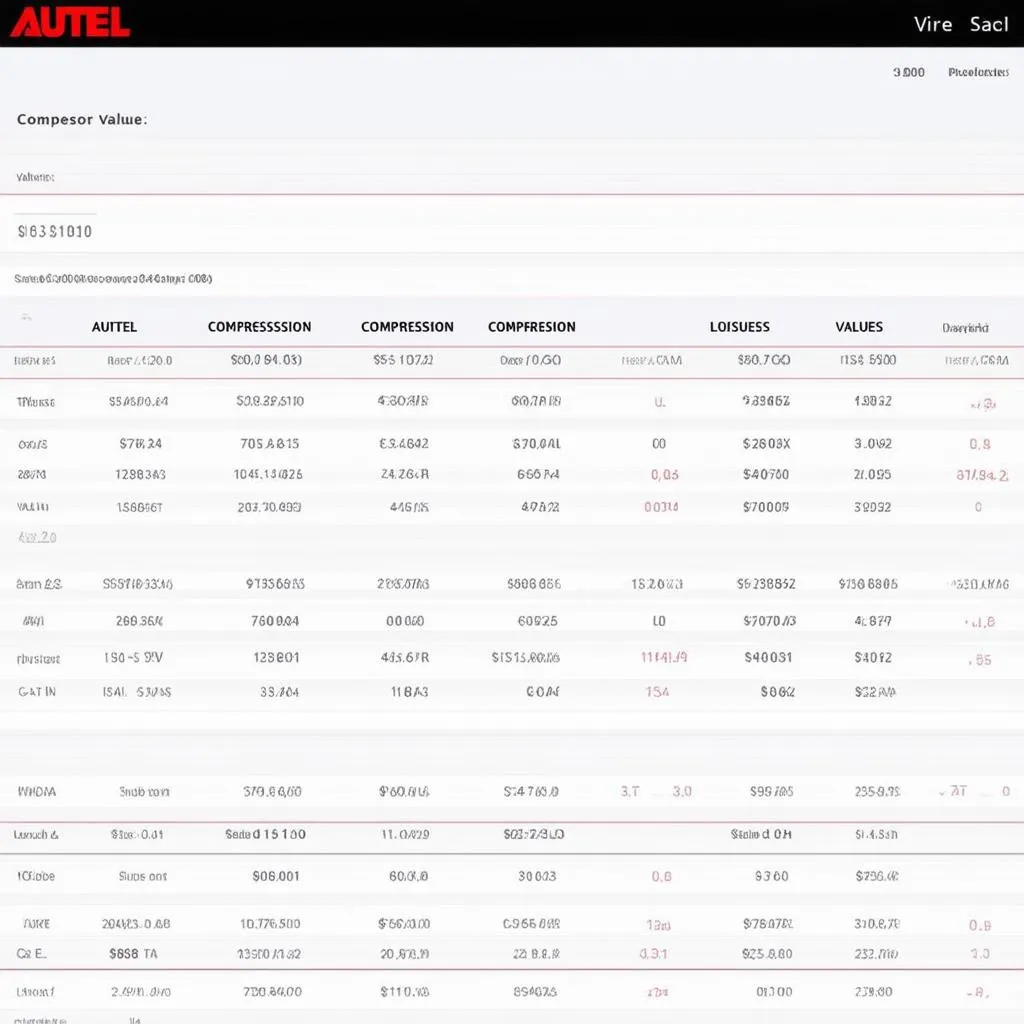 Compression Test Results on Autel Scanner
Compression Test Results on Autel Scanner
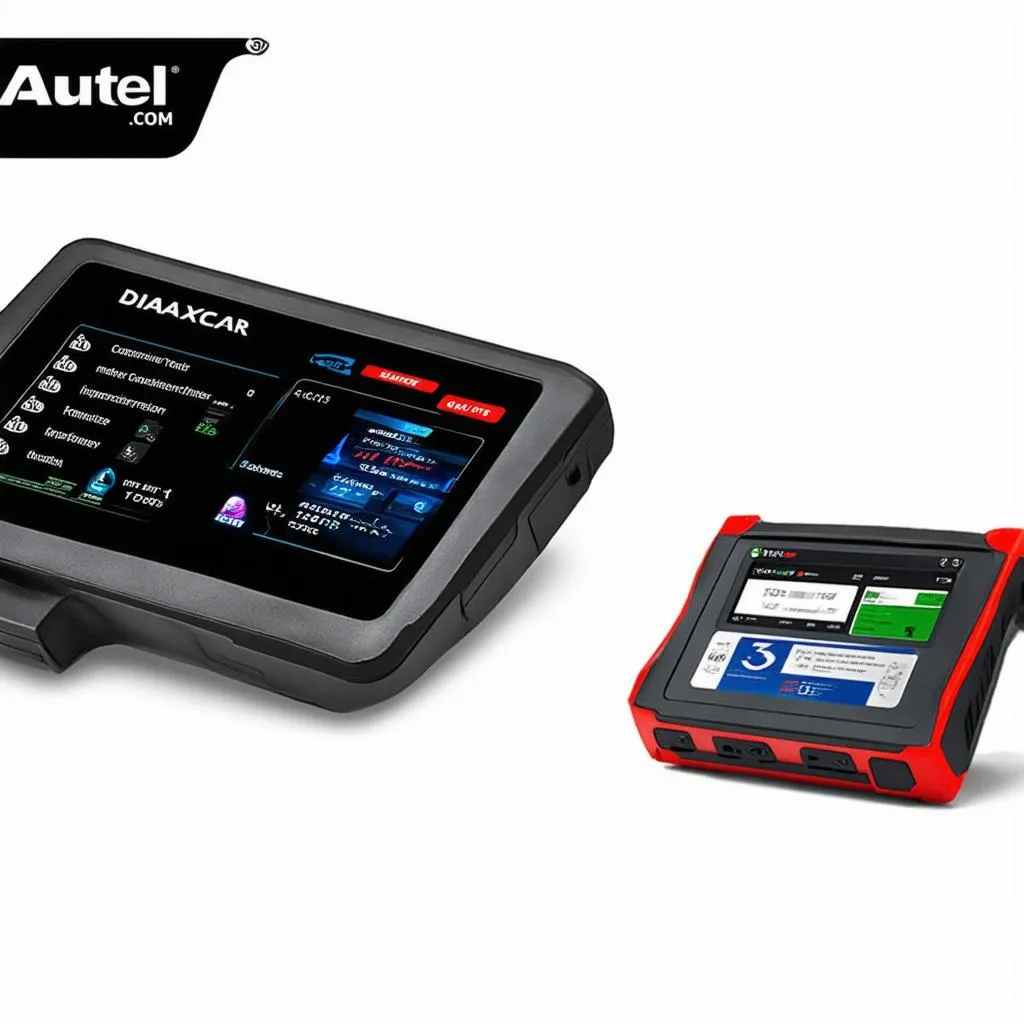 Autel Scanner Support and Guidance
Autel Scanner Support and Guidance
Let’s work together to keep your engine running smoothly! Share your thoughts and questions in the comments below, and be sure to check out other resources on our site for more automotive insights.
